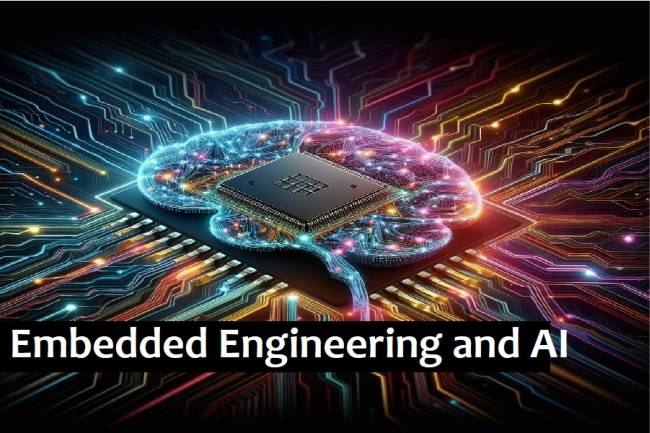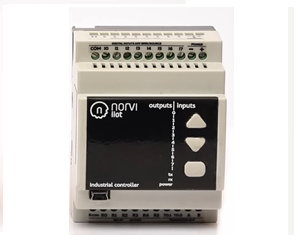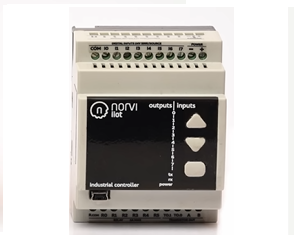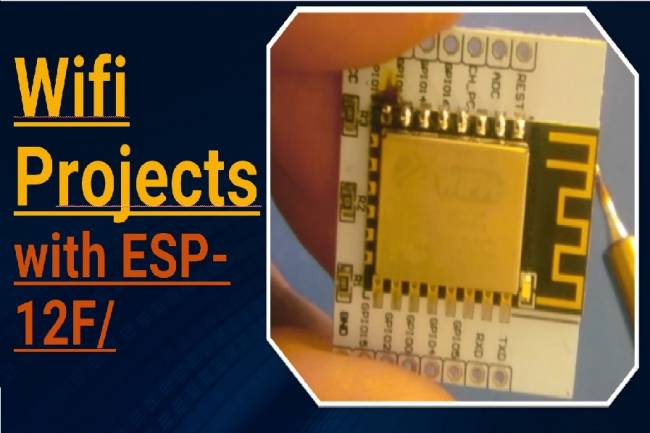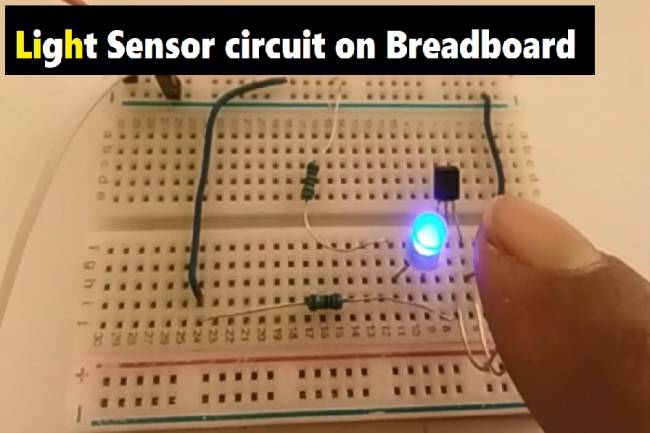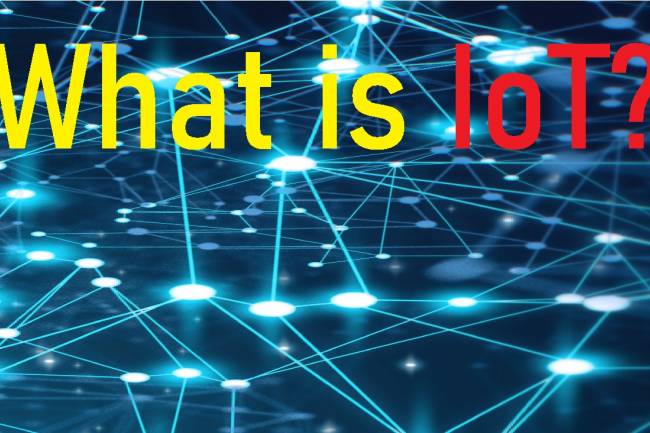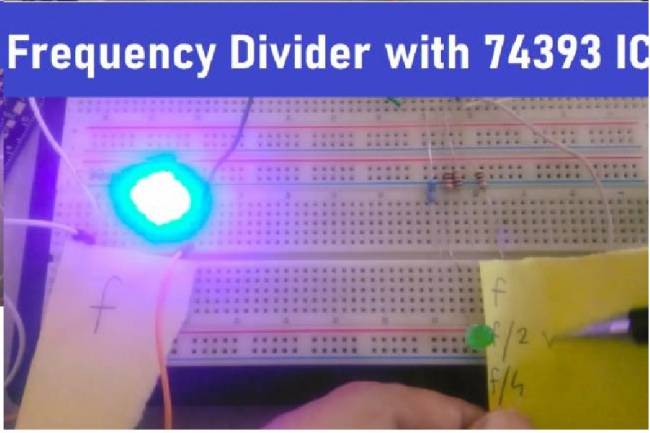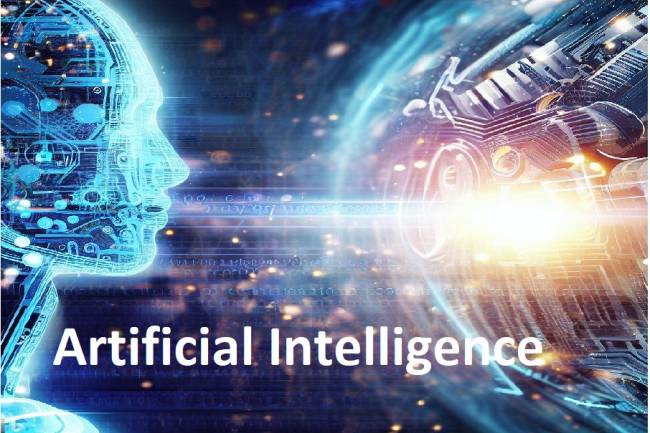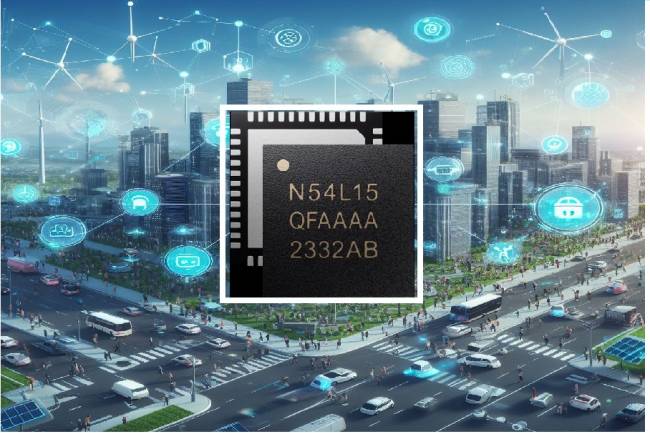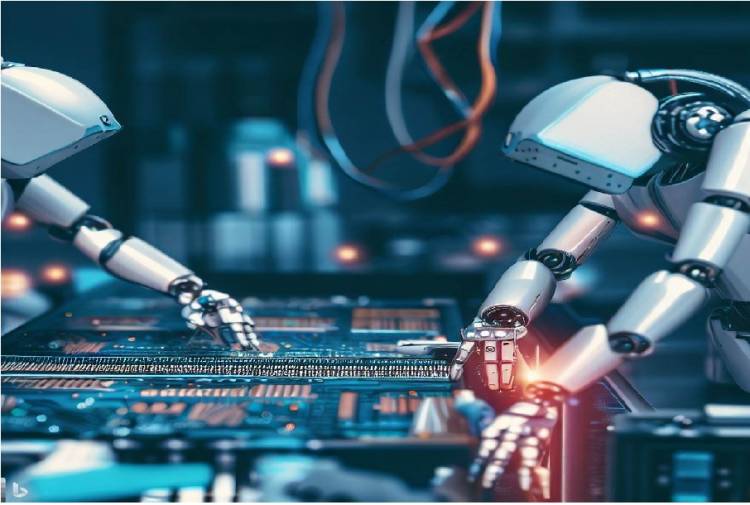
Transformations and Effects of Artificial Intelligence in the Electronics Industry
Artificial Intelligence can create various effects and transformations in the electronics industry. Artificial intelligence technologies can be used in many stages from the design to production, testing and maintenance of electronic products. Here are some of the possible effects of Artificial Intelligence on the electronics industry:
1. Design and Development:
Artificial Intelligence can optimize the design and development processes of electronic products. For example, product design can be accelerated and improved using intelligent algorithms and simulations. AI can also help solve complex design problems and evaluate different design options.
2. Production and Automation:
In electronics manufacturing, artificial intelligence can play a role in optimizing the production line, increasing quality control and ensuring efficiency. The integration of robotic systems and artificial intelligence can make production processes more flexible and efficient. In addition, artificial intelligence can be used for issues such as failure predictions and maintenance planning.
3. Troubleshooting and Troubleshooting:
Error detection and troubleshooting processes of electronic devices can be made more effective with artificial intelligence techniques. AI can predict potential errors or problems by analyzing large amounts of data. In this way, the quality of the products can be increased and customer satisfaction can be achieved.
4. Energy Efficiency:
Artificial Intelligence can optimize the energy consumption of electronic devices. By using smart energy management algorithms and sensors, devices can operate more efficiently. This saves energy and contributes to environmental sustainability.
5. Personalized Experiences:
Electronic devices can better adapt to users' preferences and behaviors thanks to artificial intelligence. Artificial intelligence-based features such as voice assistants, suggestion systems, and personal assistants enrich the user experience and offer tailored solutions to users' needs.
6. Electronic Health and Medical Devices:
In the electronics industry, artificial intelligence can also play an important role in healthcare and medicine. AI-powered medical devices and diagnostic tools can facilitate early diagnosis of diseases, optimize treatment modalities, and develop patient monitoring systems.
7. Autonomous Vehicle Technologies:
The electronics industry is also making great progress in the development of autonomous vehicle technologies. Artificial intelligence can enable vehicles to detect environmental factors, evaluate traffic conditions and drive safely.
8. Electronic Waste Management:
Electronic waste management is an important environmental issue. Artificial intelligence can be used to monitor waste management processes, separate waste types and optimize recycling processes.
These effects that Artificial Intelligence can bring to the electronics industry will shape the future of the industry and contribute to the rapid advancement of technology. For this reason, it is of great importance for professionals in the electronics industry to have knowledge of artificial intelligence and to use this technology effectively.





